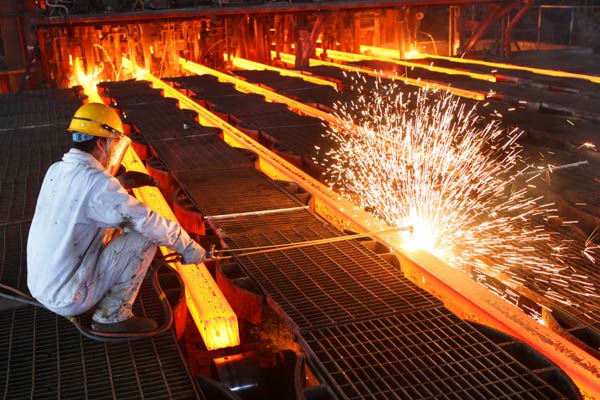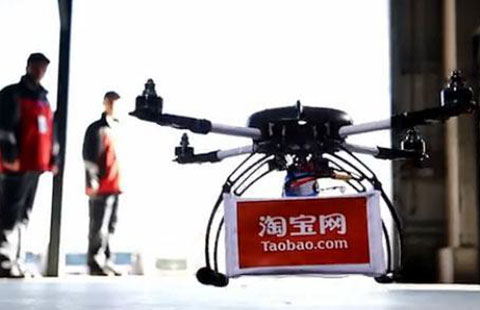
 |
|
A worker cuts steel bars on the production line of a mill in Lianyungang, Jiangsu province. The HSBC flash manufacturing PMI for November dropped to 50.0 from the October final reading of 50.4, HSBC said in a report. [Si Wei / For China Daily] |
BEIJING - China's manufacturing activity improved slightly in February thanks to increased output and new orders, according to HSBC's preliminary purchasing managers' index (PMI) released on Wednesday.
The HSBC flash manufacturing PMI for February rose to a four-month high of 50.1 from a reading of 49.7 in January, HSBC said in the report.
A reading above 50 indicates expansion, while a reading below that represents contraction.
The output sub-index stood at 50.8 in February, up from 50.3 in January, representing a five-month high, according to the monthly report.
"Today's data point to a marginal improvement in the Chinese manufacturing sector going into the Chinese New Year period in February. However, domestic economic activity is likely to remain sluggish and external demand looks uncertain," said HSBC chief China economist Qu Hongbin.
"We believe more policy easing is still warranted at the current stage to support growth," Qu added.
China's economy grew 7.4 percent in 2014, the weakest annual expansion in 24 years, but still in line with market expectations.
Related Story:
China's Jan manufacturing PMI falls to 28-month low, by Xinhua
BEIJING - Chinese manufacturing activity continued to wane in January as a key index dropped below the 50-point mark for the first time since October 2012, marking increasing downward pressures on the economy, official data showed on Feb 1.
The manufacturing purchasing managers' index (PMI), a key measure of factory activity in China, posted at 49.8 in January, down 0.3 percentage point from December, according to the data jointly released by the National Bureau of Statistics (NBS) and the China Federation of Logistics and Purchasing (CFLP).
A reading above 50 indicates expansion, while a reading below 50 represents contraction.
The reading, falling for four consecutive months, surprised the market as many institutions had forecast the PMI would rebound slightly.








